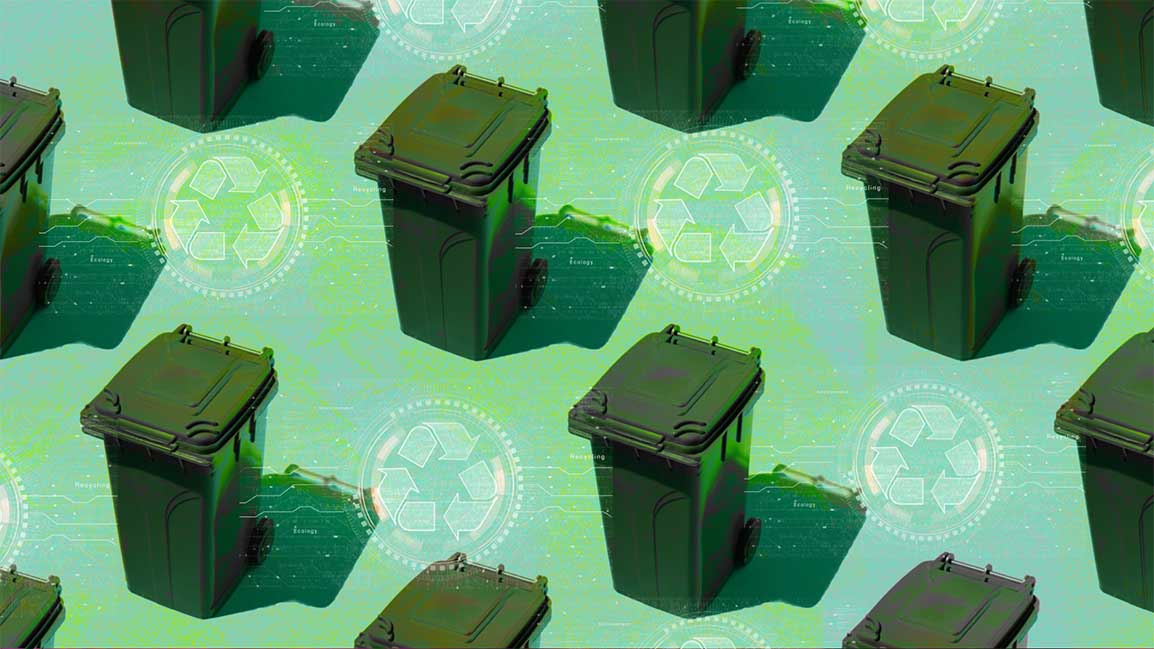- | 1:00 pm
Egypt turns to data analysis for informed decision-making on waste management
The project's first phase concluded by issuing electronic licenses to firms disposing hazardous and non-hazardous solid waste.

More than 150 million tons of gross urban waste comes from the Middle East annually, and Bahrain, Saudi Arabia, Qatar, and Kuwait are among the world’s top 10 solid waste generating countries. Now, Saudi Arabia is turning towards composting with a rise in organic waste, and Kuwait is set to give a makeover to a garbage dump containing 50 million tires in the desert. Dubai and Sharjah in the UAE are also using waste to energy projects to prevent hundreds of thousands of tons of garbage from ending in landfills.
To measure and manage solid waste, Egypt has turned to data collection and analysis by deploying a Waste Management Information System. The technology is being integrated into the National Solid Waste Management Program with support from the German Agency for International Cooperation. Paperwork will be minimized by collecting, sorting, and analyzing information on waste management across Egypt, before sharing it with third parties.
The program’s first phase consisted of issuing electronic licenses to firms working on the disposal of hazardous and non-hazardous waste. After this, an electronic system to address grievances and track hazardous waste will be introduced as part of the second phase. This will be followed by a website launch for the Waste Management Regulatory Authority.
A key feature of the mechanism will be swift data sharing, communication, and cooperation with people to power informed decision-making and alternative solutions for waste management.
Most Innovative Companies comes to the Middle East this October! Click here to know more.































